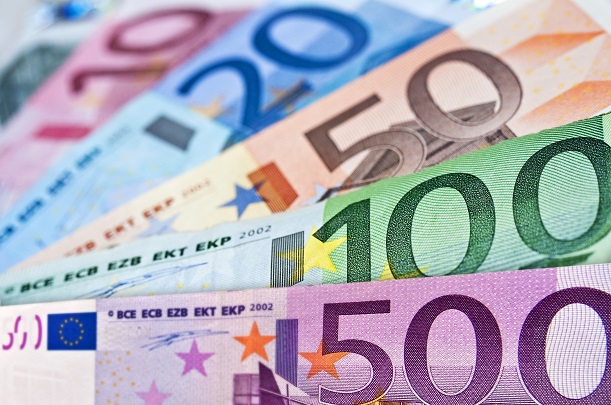The topic looks likely to dominate the agenda and remain a highly divisive issue in 2023
Spain’s deputy prime minister, Nadia Calviño, is keeping the ‘fair contibution’ debate alive. Bloomberg reported her saying, “If we want to continue making the necessary investments in technological infrastructure, we need everyone who uses and benefits from them to contribute to financing that investment”.
Spain is a fiercely competitive market with the highest fibre penetration among Europe’s larger countries.
Proponents
The subject looks like it will dominate the European Union’s agenda in 2023. It is propelled by industry associations such as the European Telecommunications Network Operators Association (ETNO), which kicked off its campaign in November 2021, and provided some controversial ‘evidence’ in March, and the GSMA and the operators themselves.
For example, four of Europe’s largest operator groups – Deutsche Telekom, Orange, Telefónica and Vodafone – made a public appeal to the European Union via an open letter published in the Financial Times [subscription required] for support in making Big Tech companies towards the cost of carrying the traffic they generate which was timed to coincide with MWC.
They also highlight action taken elsewhere, such as in South Korea which is suing Netflix for all but breaking the internet with consumers streaming its Squid Game at the end of 2021.
Opponents
Opponents, like Google, point to the principles of net neutrality while critics such as John Strand, founder and CEO of Strand Consult, says this is a red herring as the EU regulation on net neutrality has no bearing on the issue, and is being used as a “smoke screen”.
Strand believes the European telcos are not being unreasonable or asking for the impossible, adding, “Google has paid such fees to South Korean broadband providers for some time [and] this has not slowed the rate of adoption of FTTH subscriptions, which have increased for the last three years and now stand at 86.6% of total broadband connections, the highest in the OECD. This fact discredits Brittin’s statement [Matt Brittin is Google’s EMEA President] that transit fees reduced [operators’] welfare in South Korea.”
Others argue subscribers already pay the operators for the bandwidth they use while operators complain they are too heavily regulated (including what they can charge consumers) while the streaming services are hardly regulated at all.
Sitting on the fence
In October, the Body of European Regulators for Electronic Communications (BEREC) raised the temperature when it stated it could find no merit in the operator’s argument after a preliminary assessment of their claims. However, some parties are less than impressed by BEREC’s modus operandi, reasoning and transparency – with Strand Consult being one of its most severe critics.
Previously the European Commission has resisted operators’ calls to force the handful of Big Tech companies which between them generate most of the internet’s traffic, but clearly it is feeling the heat.
Reuters reported Thierry Breton, European Union’s Internet Market Commissioner, that there would be a consultation on the matter in early 2023. Breton’s responsibilities include the digital economy and industry. He also ran France Télécom before it rebranded as Orange in 2006.
The consultation is expected to take five or six months. Whatever the outcome, one thing is guaranteed, somebody is going to be unhappy.



